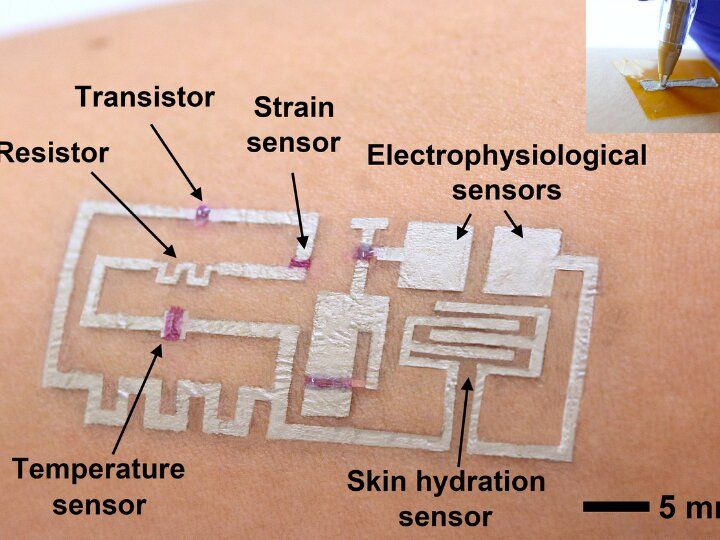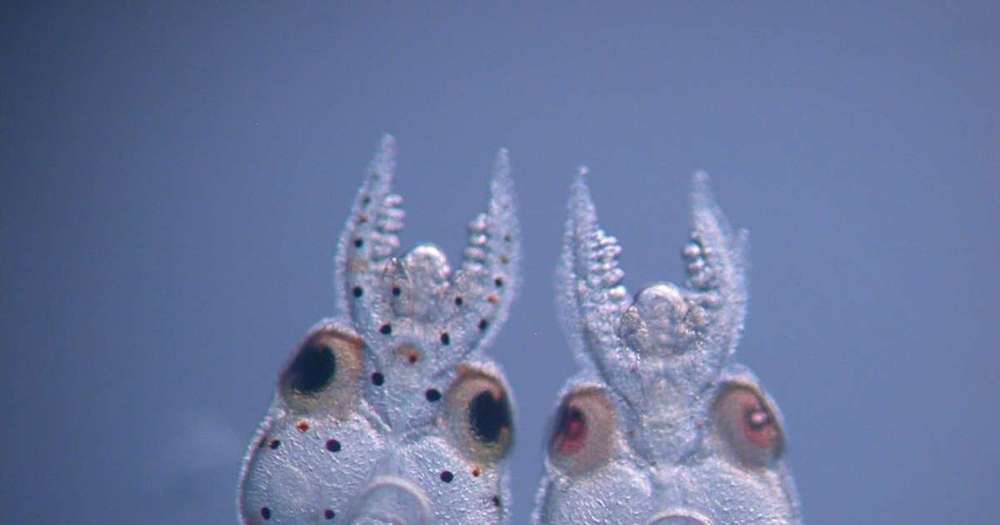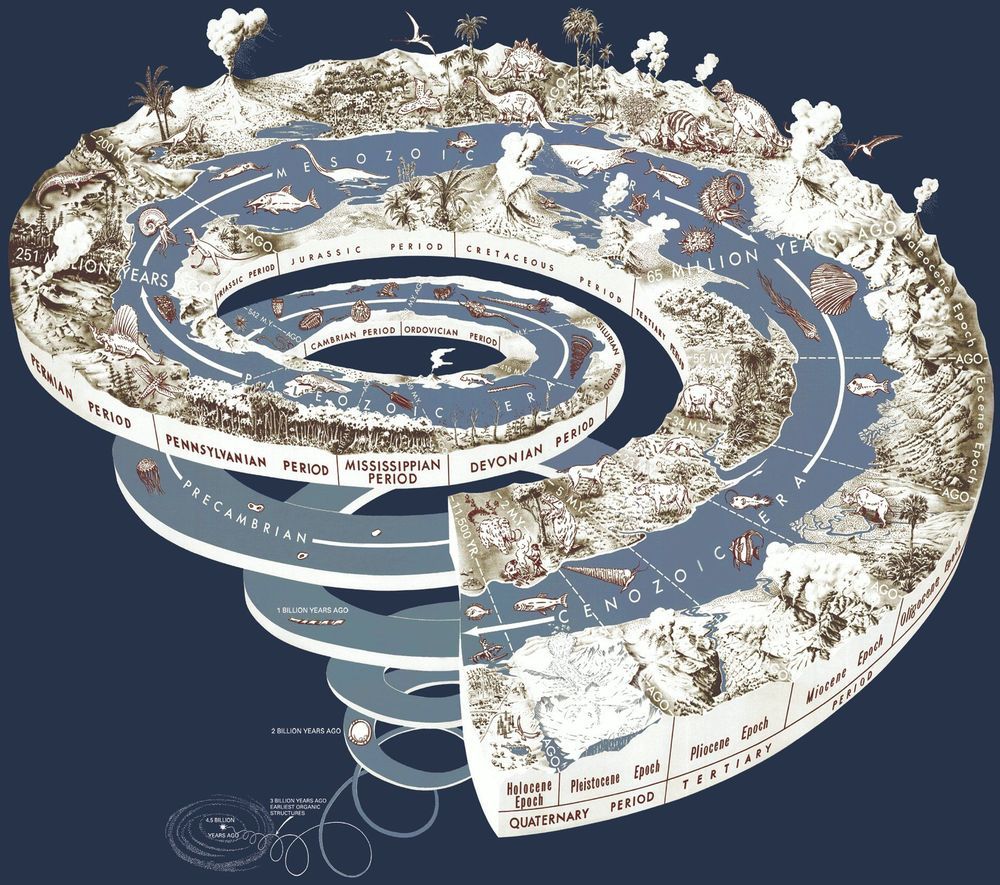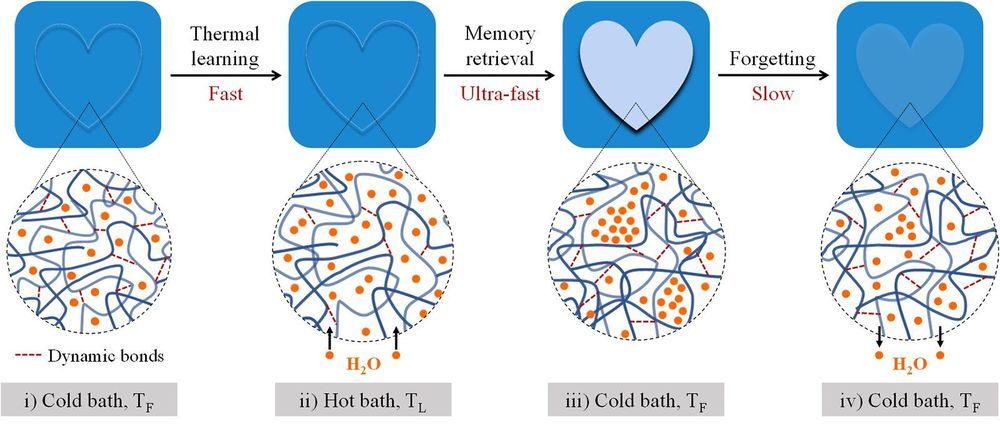MetaRomantism and “Evil”
MetaRomanticism can be thought of as an attempt to reform Romanticism, which seems necessary since it seems to be a constant companion to Modernism and it is especially dangerous when it has access to Modernist tools that is uses while refusing to be rational. Perhaps this explains the horrors of Nazism in the 20th century. Nazis were irrationalist Romantics that stole the Modernist tools of Weimar Germany and nearly destroyed human civilization and they attached themselves to Dharma traditions that sometime support versions of annihilationism.
How can MetaRomanticism help?
Perhaps Romantics need to understand why evil exists and MeteRomanticsim should attempt to provide explications that encourage all parties to attempt to be just and a blessing to all families, even if perceived as evil. A version of activities that I think might attract evil are traditions that attempt to extinguish all life because they think it is just and blessing to all sentient beings.
If this is part of a sincere tradition, I would suggest that they cultivating all sentient life so that it can evolve to the point where it can legitimately consent to extinguishing its own sensations — where many faiths do not believe that biological death is the death of sensation. Perhaps like interpretations of Buddhism, they could attempt to convince each other to extinguish all at once voluntarily, but only whenever all sentient beings are able to do so with legitimate consent. However, they should keep in mind that even if all sentient life no longer experienced sensations voluntarily, it would be a highly homogenous result and the mind of Elyon, which can be thought of as Nature or a mind we all share, does not seem to like homogeny, as seen in the form of entropy. What if all the sentient beings tried to voluntary stop experiencing sensation and then life finds a way to start evolving again and sentient life has to wait a long time — with lots of different types of suffering occurring — before sentient beings appear that are wise enough to control their own suffering and the suffering of other sentient beings?
Also, the real evil is probably when sadistic people attach to beautiful sincere traditions such as Buddhism, or uglier less likely to be sincere traditions such as Satanism, for selfish sadistic reasons. Perhaps annihilationists should learn to watch for that so we don’t all get hurt, and they should be willing to accept a just of the punishments and a no more than a just portion of the rewards if they should become a custodian of other sentient beings at some point during their attempts to extinguish all sensation.
Evil might also sometimes exist because people wish to charge forward or hold the current culture in place using unjust reasons. Participants in conservative or progressive cultures should also watch for people pressing forward or holding the ground in sadistic, irresponsible, or unjust ways.








